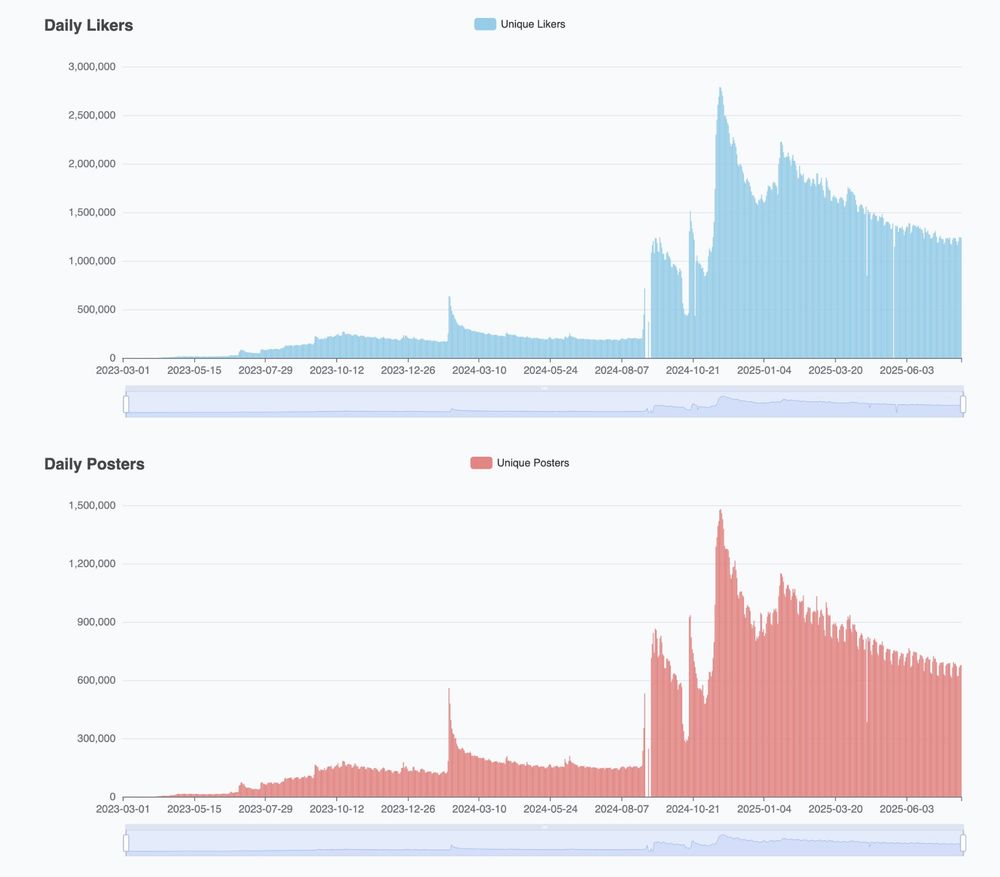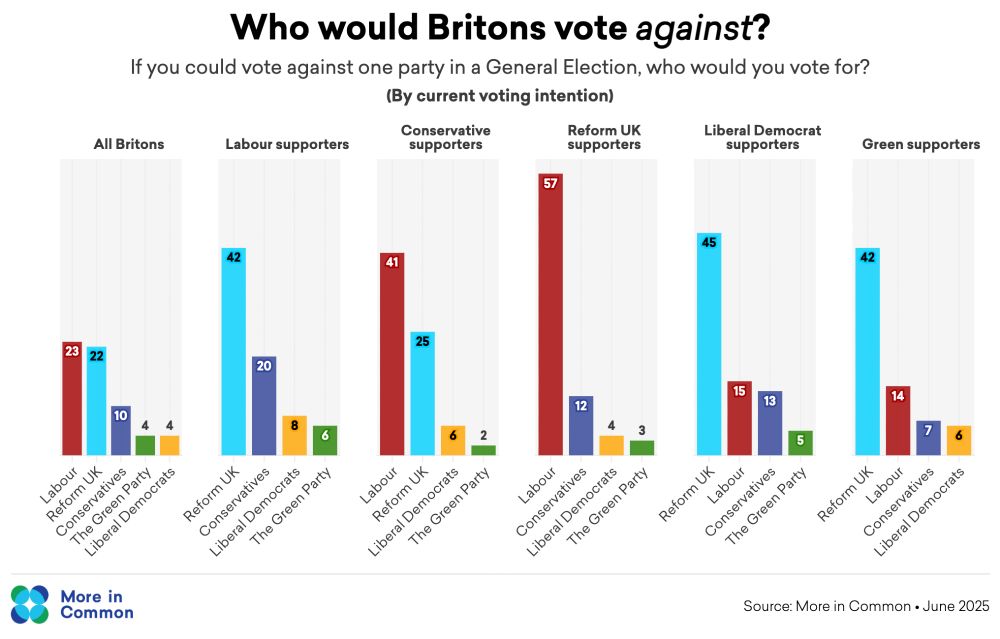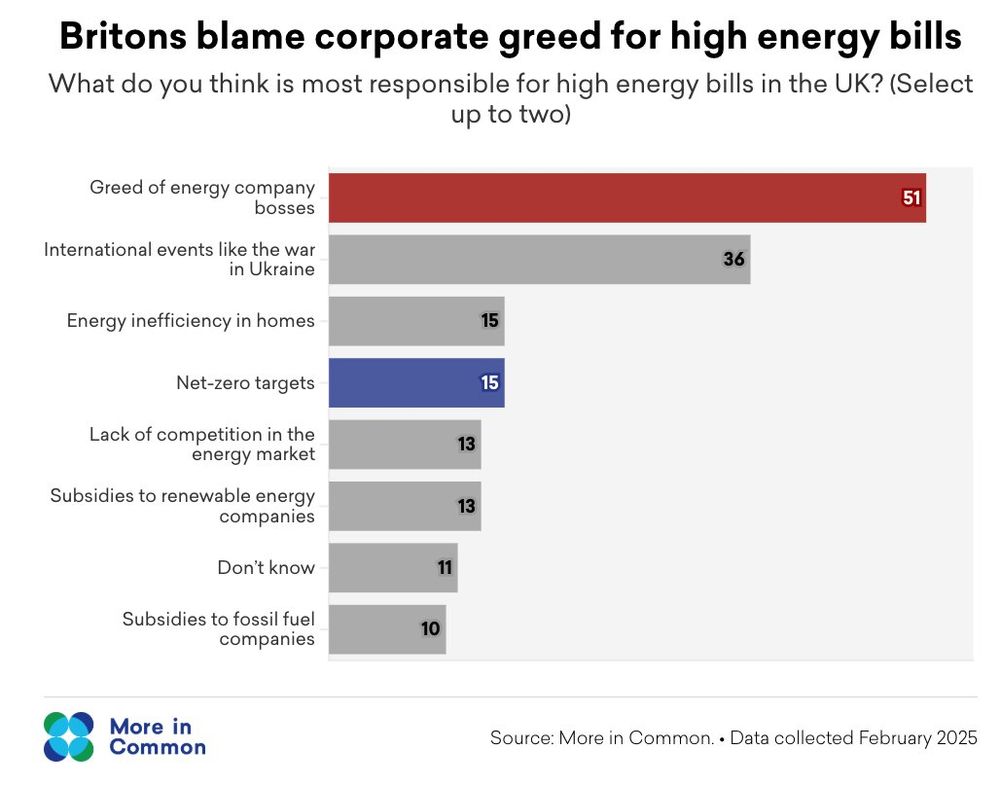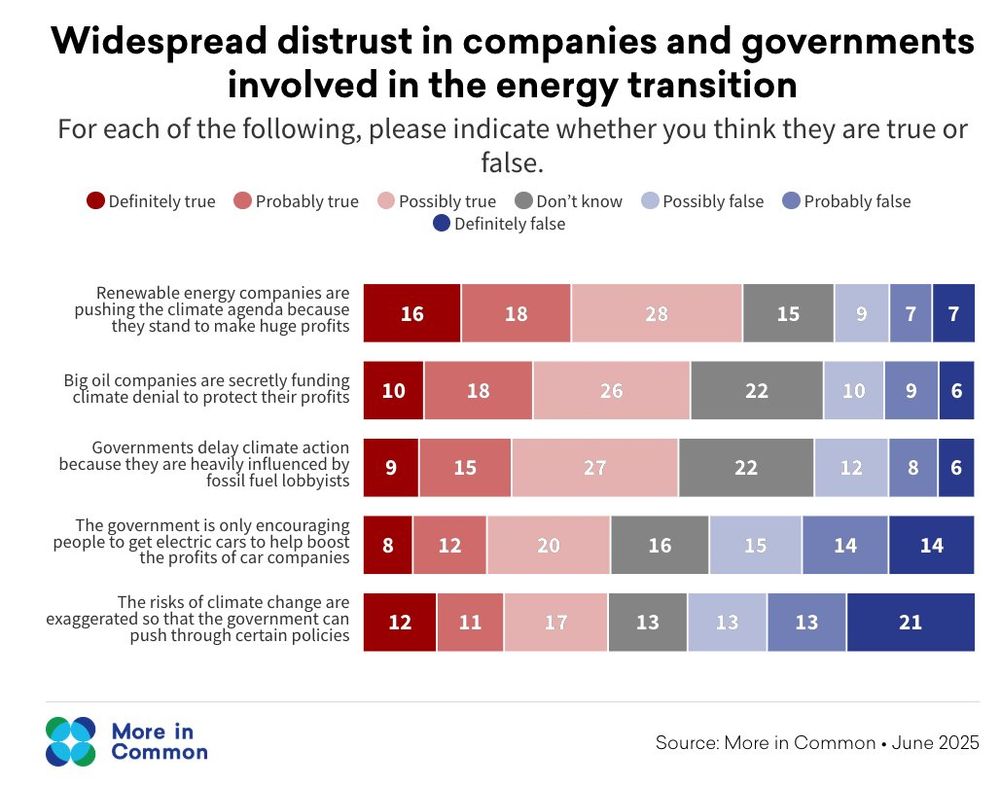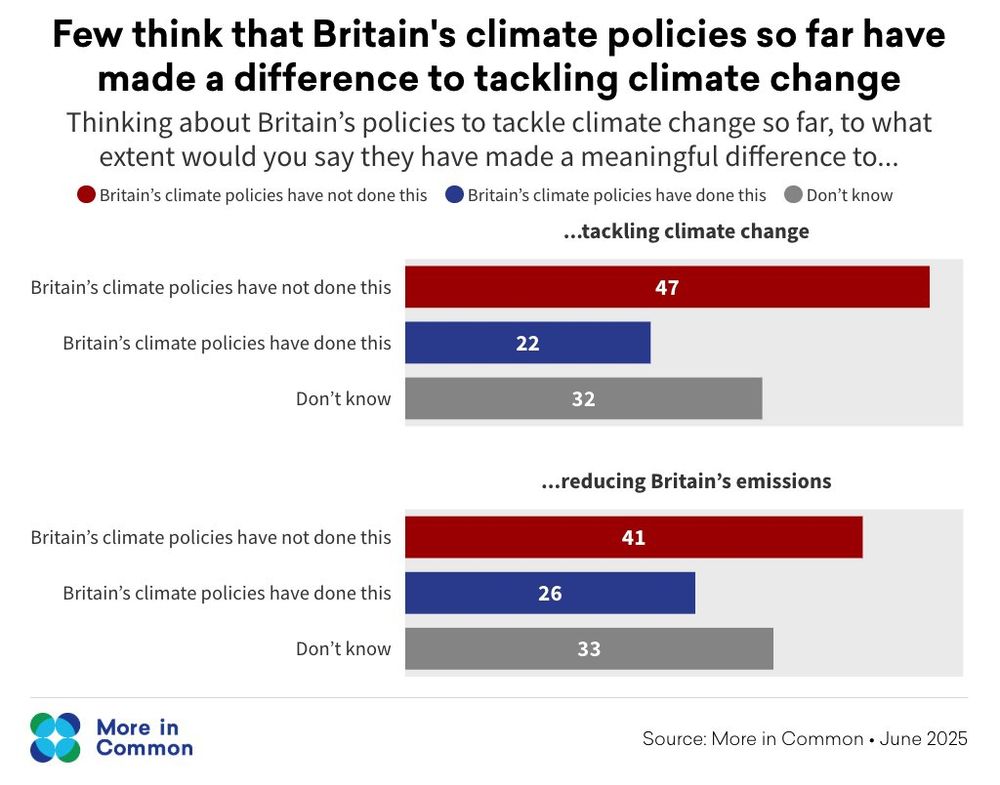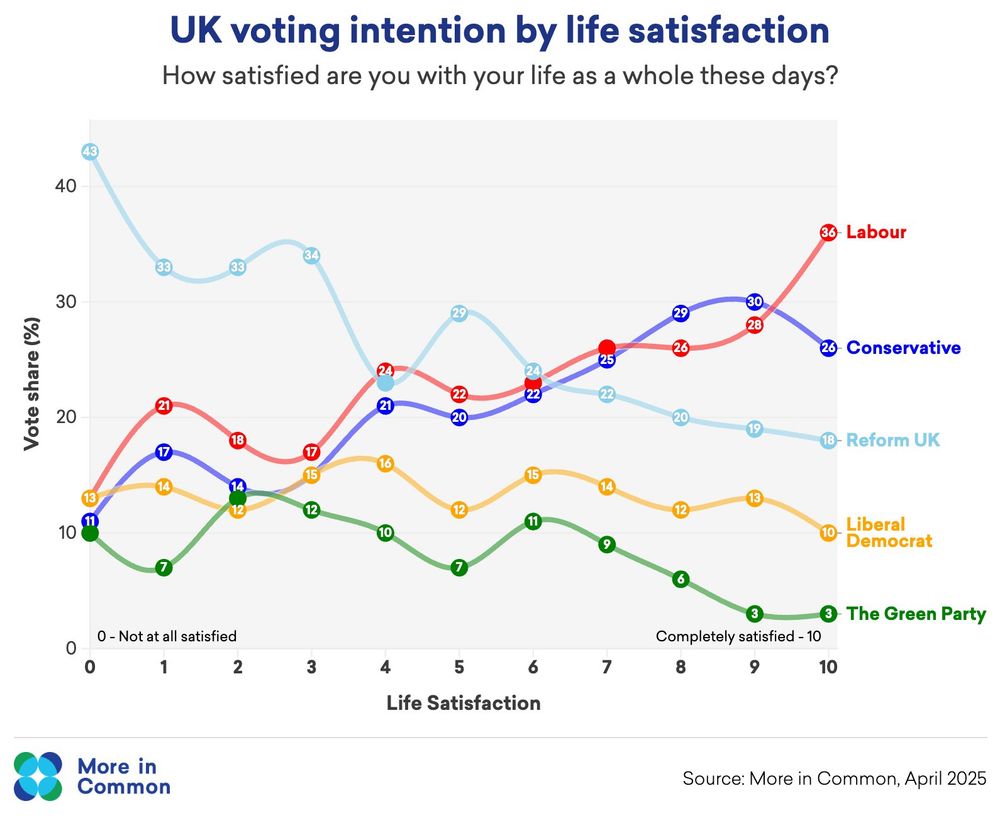Ed Hodgson
@edhodgsoned.bsky.social
910 followers
150 following
180 posts
Associate Director, Polling and Analysis, at More in Common
Posts
Media
Videos
Starter Packs
Ed Hodgson
@edhodgsoned.bsky.social
· Jul 14
Ed Hodgson
@edhodgsoned.bsky.social
· Jul 14
Ed Hodgson
@edhodgsoned.bsky.social
· Jul 14
Ed Hodgson
@edhodgsoned.bsky.social
· Jul 14
Ed Hodgson
@edhodgsoned.bsky.social
· Jul 14

What do we use cookies for?We use cookies and similar technologies to recognise your repeat visits and preferences, as well as to measure the effectiveness of campaigns and analyze traffic. To learn more about cookies, view our Cookie Policy. By clicking "Accept" or using our site, you consent to the use of cookies unless you have disabled them.
www.moreincommon.org.uk
Ed Hodgson
@edhodgsoned.bsky.social
· Jun 25
Ed Hodgson
@edhodgsoned.bsky.social
· Jun 25
Ed Hodgson
@edhodgsoned.bsky.social
· Jun 23

Public blame greed of energy companies for rising bills
With London Climate Action Week underway, new More in Common polling finds that low trust in both energy companies and the government is leading the public to increasingly believe that corporate greed...
moreincommon.org.uk
Ed Hodgson
@edhodgsoned.bsky.social
· Jun 23
Ed Hodgson
@edhodgsoned.bsky.social
· Jun 23
Ed Hodgson
@edhodgsoned.bsky.social
· Jun 23
Ed Hodgson
@edhodgsoned.bsky.social
· Jun 23
Ed Hodgson
@edhodgsoned.bsky.social
· Jun 17
Ed Hodgson
@edhodgsoned.bsky.social
· Jun 8
Ed Hodgson
@edhodgsoned.bsky.social
· May 31
Ed Hodgson
@edhodgsoned.bsky.social
· May 31
Ed Hodgson
@edhodgsoned.bsky.social
· May 31
